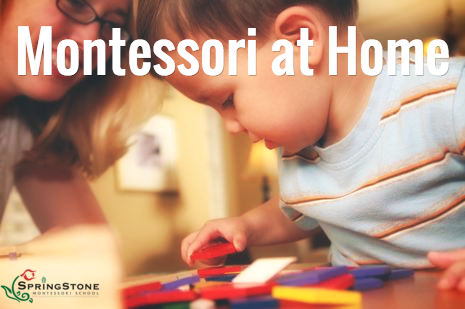The Importance of Social-Emotional Skills Acquisition during the Toddler Stage
Why is social-emotional skills acquisition so important during the toddler stage?
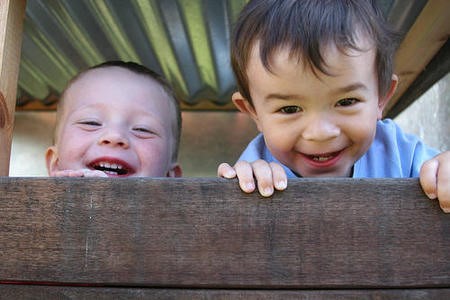
When I meet prospective families with toddlers, one of the questions I am most interested in getting answers for is, ‘What is most important to you in your child’s educational journey?’ It is an important question because I can determine whether our Montessori philosophy of teaching is aligned with what each family is looking for.
There is no question that academic skills are important, however, when it comes to children between 1 to just before 3 years of age, the focus may need to be something very different. Each child is different, and our focus in teaching will vary depending on the child, their past learning experiences, their experience with social interactions, their verbal skills, etc.

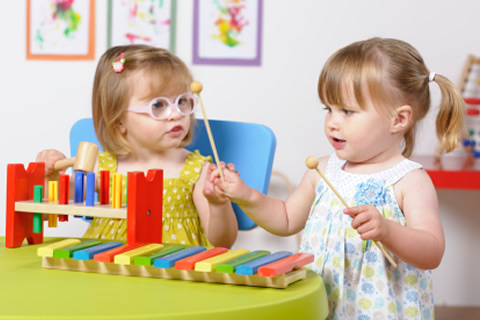
Why is it important to focus on the social, emotional and physical development in children during the toddler stage?
It is for many reasons. Here are some examples:
- The child is learning to share.
- The child is learning to wait for their turn and take turns with other children.
- The child is learning to acknowledge their own emotions.
- The child is learning ways to express their emotions appropriately.
- The child is learning words to express their needs and wants.
- The child is learning to coexist harmoniously with other children.
- The child is learning about the concept of compassion and empathy.
- The child is learning to balance their body, catch and throw a ball and practice hand-eye coordination in their movements.
- The child is acquiring ‘tools in their toolbox’ to use to handle their own emotions.
- The child is potty training and learning self-care skills.
These are a lot of skills to master, and mastery of these skills will benefit the child, not only during childhood, but well into adult life.
It takes constant and concrete practice, repetition, and problem-solving to allow the child to comfortably function in a learning environment. It takes more than the teachers and the classroom community to assist the child in the acquisition of these skills. Effective communication between teachers and parents is essential!
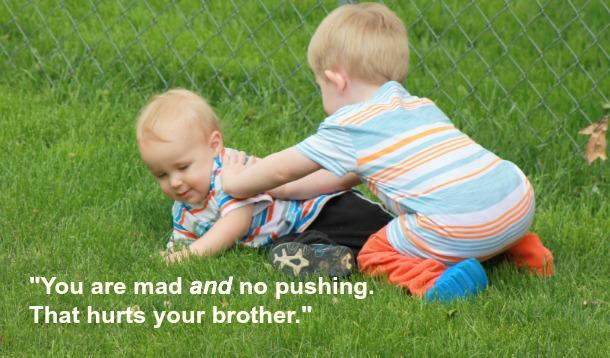
Working in partnership with families,
- to align our approach in teaching,
- to provide continued practice opportunities for the child,
- to acknowledge the child’s successes,
- to provide encouragement when the child struggles,
are actions critical for the child to succeed, not only in school, but in life outside of school.

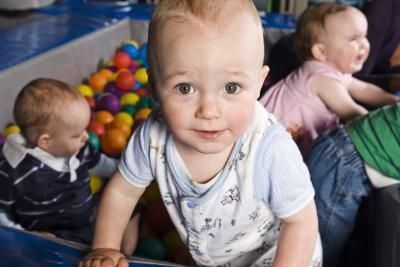
So, while we introduce toddlers to letters and numbers, our focus in a Montessori learning environment is more than that! It is to educate toddlers in a much more urgent need for their emotional, social and physical development in order to prepare them to be balanced children, ready and equipped for success in preschool and beyond.
I want to end this post with a beautiful quote from Dr. Maria Montessori.
“Education of even a very small child…. does not aim at preparing him for school, but for life.”

